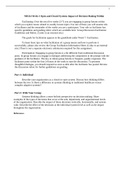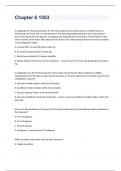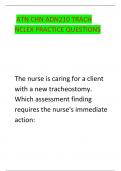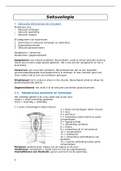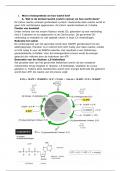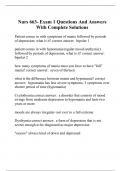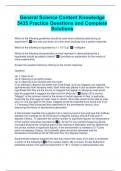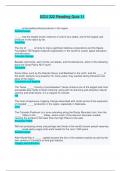Overig
Terminology Glossary for A-Level English Literature
- Vak
- Instelling
A glossary of terminology for English Literature- it's helpful to have terminology all written down in one place, so here is a list of the terminology that I have found useful throughout studying.
[Meer zien]




